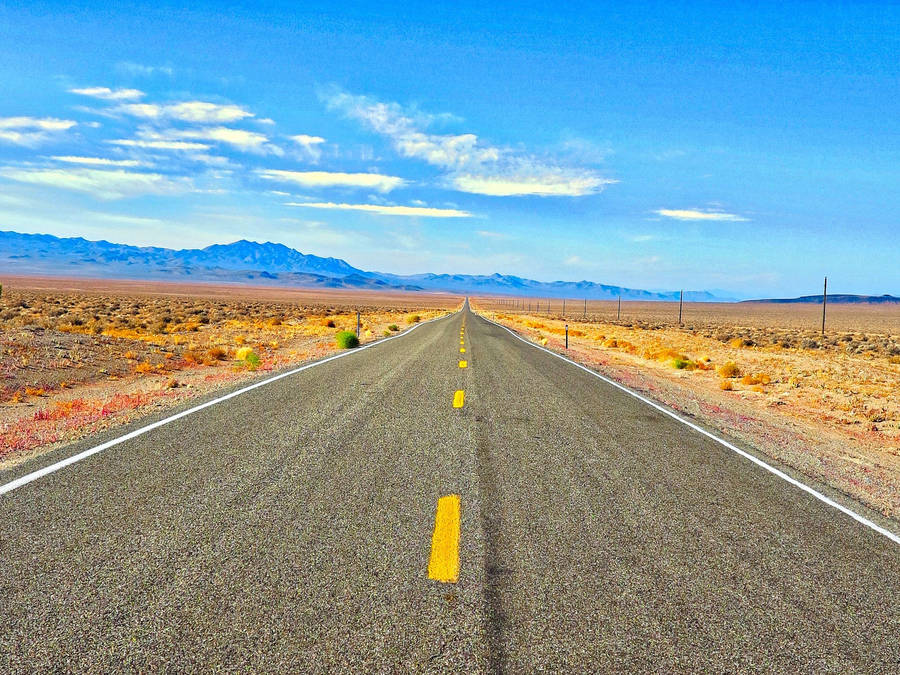|
|
|---|
Wednesday, February 11, 2009
1964 Hitchcock Interview
This is a classic Hitchcock interview (pointed out to me by Crumbs. Thanks so much!). In particular I loved the question and answer below. The vulgarians of Hollywood! Hehehe…
When you talk about putting bits of film together and then creating, in terms of what you call “pure cinema”, the sequence that you’re going for, I can imagine that it must have a bit of a shock to you personally when “talkies” came?
Well, the only thing wrong with the silent picture was that mouths opened and no sound came out. Unfortunately, when talk came in, the vulgarians -- the money-changers of the industry – immediately commenced to cash in by photographing stage plays. So, that took the whole thing away from cinema completely.
It’s like a lot of films one sees today, not that I see very many, but to me they are what I call “photographs of people talking”. It bears no relation to the art of the cinema, and the point is that the power of the cinema, in its purest form, is so vast because it can go over the whole world. On a given night a film can play in Tokyo, West Berlin, London, New York, and the same audience is responding emotionally to the same things.
No other medium can do this – the theatre doesn’t do it, because you’ve got different sets of people... but remember, in a film, they’re the same actors. A book is translated – how well do we know, I don’t know. The risk is, in translating even a film – what they call “dubbing”, you know – is that there’s liable to be a loss, and therefore, when one’s thinking of a film globally, the talk is reduced to a minimum. And, if possible, tell the story visually, and let the talk be part of the atmosphere.







